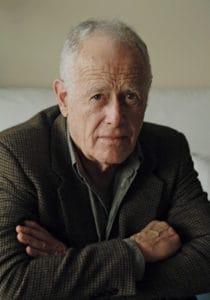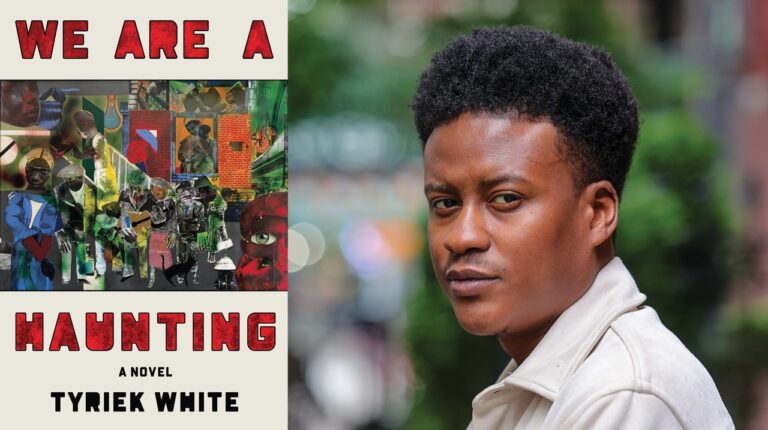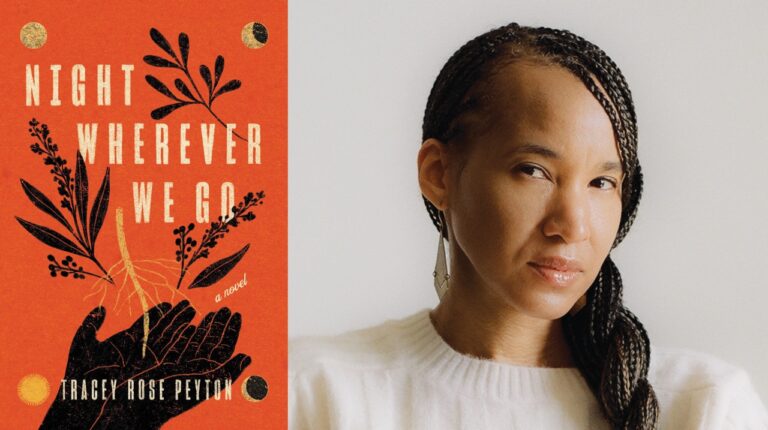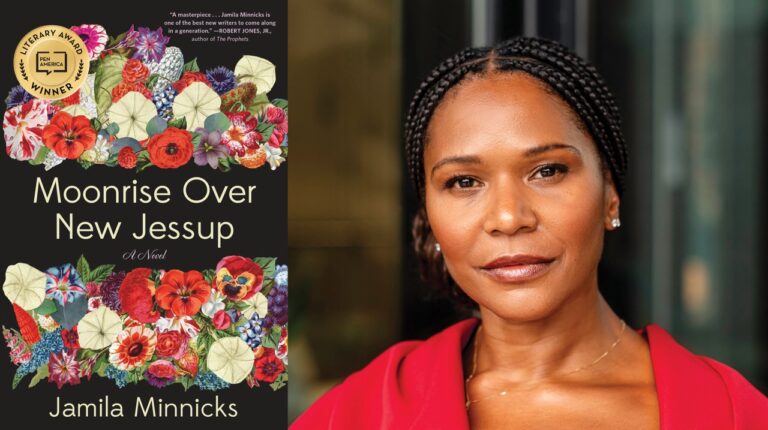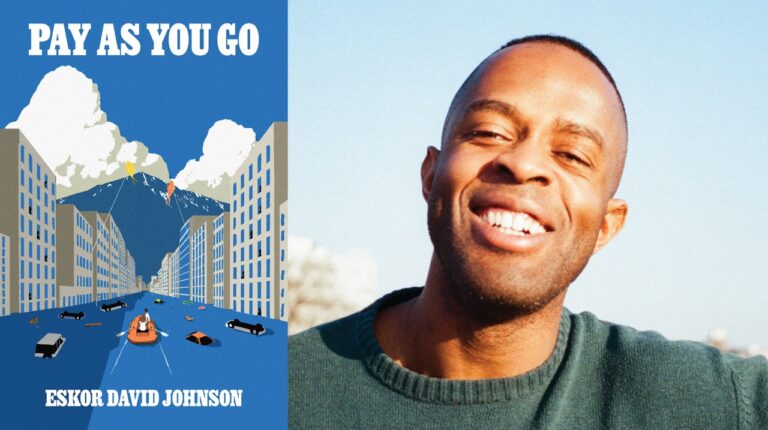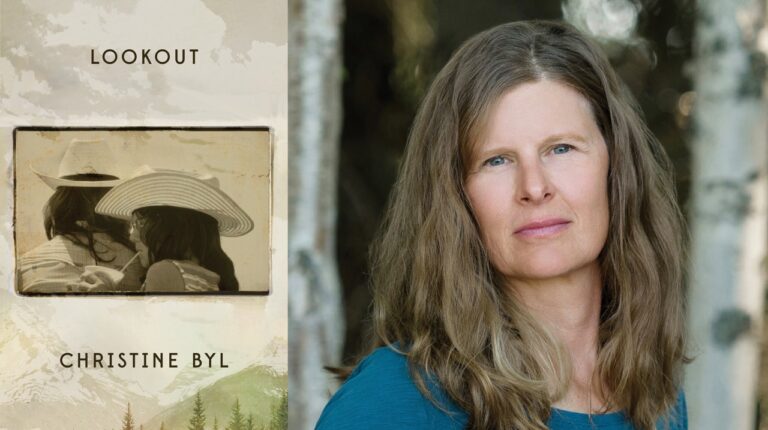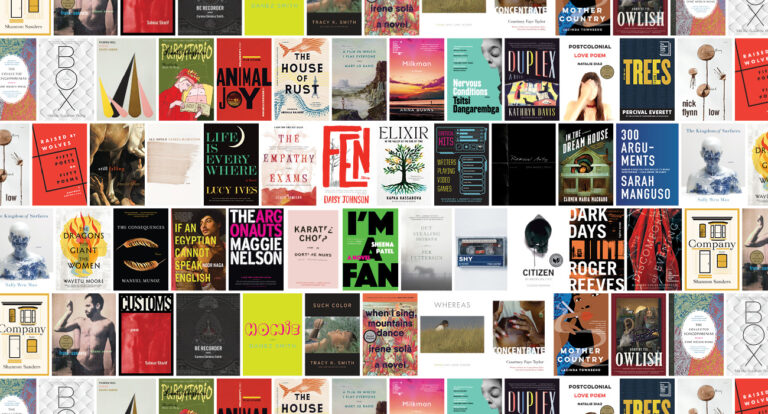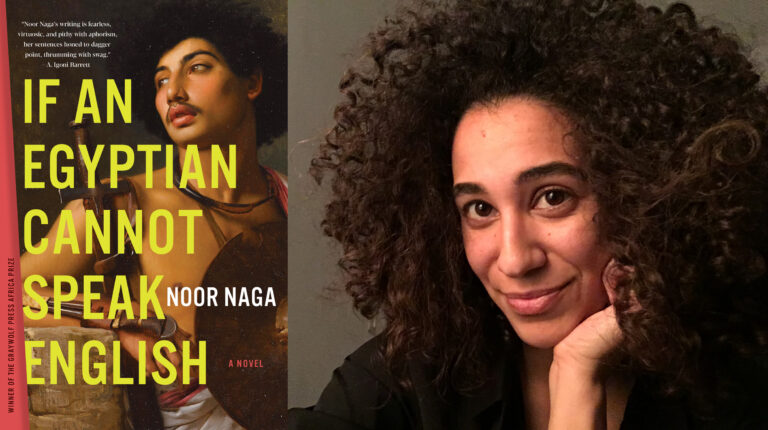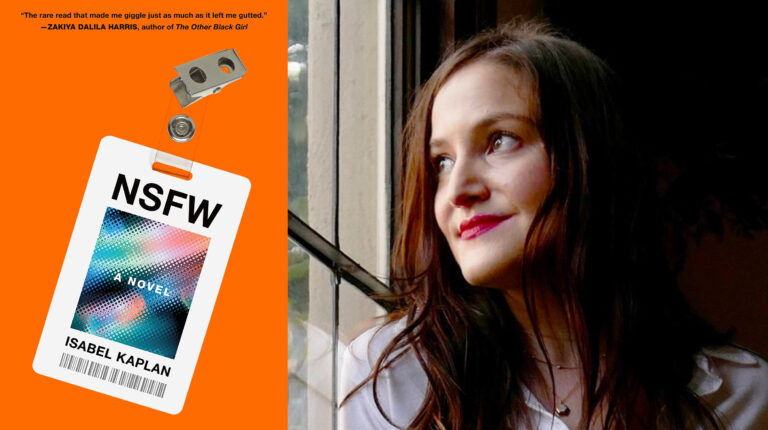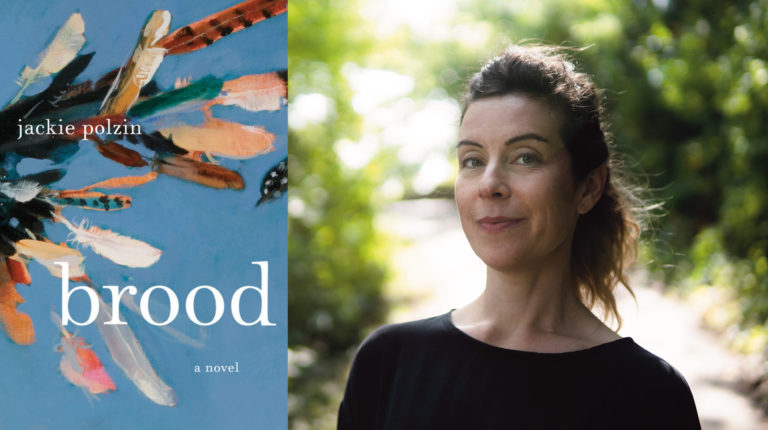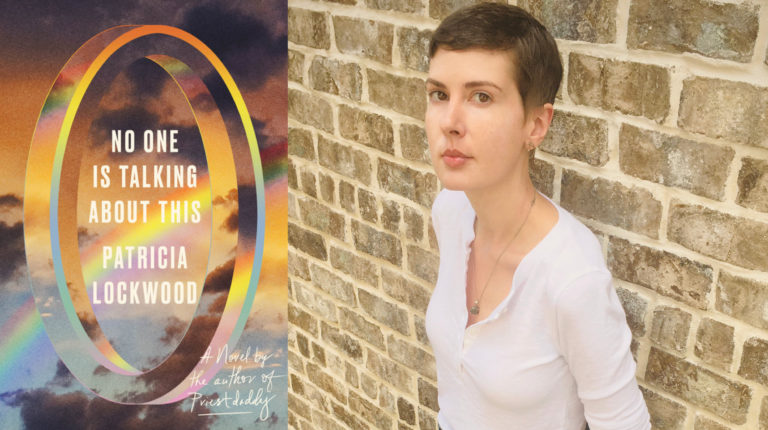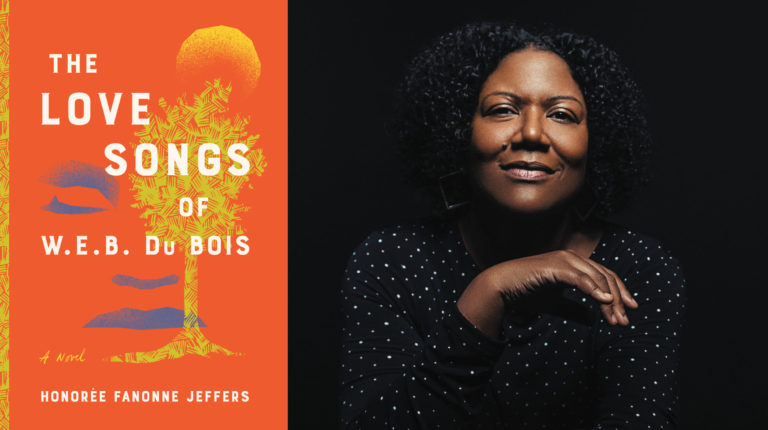The legendary author talks about war, love, the joy of France, the foibles of Hollywood, and the ideal reader.
All That Is begins with Philip Bowman’s experience as a Naval officer at the end of World War II. In the context of the whole novel, it’s a brief introduction to the man. By the beginning of Chapter Two, he’s in New York City. So, two questions: Why was that first chapter important? What motivated your decision to enter the story there? And second, what has your twelve years in the Air Force meant to you and how did it color your life as a writer? I think they’re related questions: the story of the character in his service and the story of the writer and his service.
The first part, why the novel starts in war—well, because that experience was a very significant part of his character, and it felt right. This is a novel that flows along, that skips along, that covers about forty years. To do that and to give some idea of society and the world in that time without writing 800 or 1,000 pages, I decided to write it that way. Now, the other part, about the Air Force. That was a long, long time ago. How did that color—
What did your experience in those twelve years do for you as a writer and how does it resonate in your writing?
Oh, I don’t know if I really understand that myself, what that did for me. You meet people you would not meet in literary circles. It was broadening for me. I was a city boy. I had only been in school and then in the Air Force. So it was my entry into life.
When you were at West Point, you wrote a few stories that were published in the West Point publication. And then in the early years of your service, you stopped writing. Why was that and what made you return to writing?
Well, that’s not exactly so.
Is it close? [Laughter]
It’s very close, but I had no place—whatever I wrote was not going to be published. There was no school magazine to publish in, so I wasn’t writing stories. But I did have a try at writing a novel. I had time enough to do that, but it was not a good piece of work. It was only later on, five years in, six years in, that I guess…I don’t remember what made me decide to try again. I take that back. I do remember: my experience fighting in Korea. My own experience gave me material that I thought I would like to write about. So that’s when I really began in earnest again.
Why did you decide to write under a pseudonym?
Well, I’ve said this many times. I wrote under a pseudonym because I was a career officer. I had already been in the service for ten years. I hadn’t decided to resign my commission. If I was going to publish a book, I didn’t want to publish it under my own name. That would not be an asset in those circles.
In addition, I thought it was quite a good book and I wanted it to be admired, but I didn’t particularly want it to be known that I had written it. I’d have been perfectly satisfied if that fact had never come out, but that’s not the way it happened.
The epigraph of this new book is a quote from an essay you wrote, “Some for Glory, Some for Praise.” It reads, “There comes a time when you realize that everything is a dream and only those things in writing have any possibility of being real.” Can you talk about why you chose that as the epigraph?
Well, it’s appropriate. I wrote it. For all I know, I may have written it expressly for this book. In any case, at a point in life where your memory is both becoming a little weaker and it’s as rich as it’s ever going to be in experiences, there is a dream-like quality to things.
You realize that everything is past. I don’t want to sound morbid. This probably sounds like the end of things and it’s close to the end, but not quite. When friends die, when you watch your contemporaries vanish, you realize that—this is an ordinary, commonplace thought, but it becomes more powerful to you—they’re taking a world with them. They’re taking their world with them, and it is vanishing completely. The same thing is going to happen to your own world, except for those things that are written down. It’s quite simple. I believe that—who is the Spanish playwright? Life is a Dream.
Calderón?
Yes. I had that in mind.
Among the things All That Is and all your work has made very real for readers is the mystery of the sexual connection, in a way that’s completely unsentimental but also, in a way, deeply romantic. The markers of Philip Bowman’s life are the women he’s loved. It’s such a clear through-line in the forty years the novel covers. Can you talk a little bit about the power of that connection and how it motivates you as a writer?
Well, it motivated him. The power of that. Well, it’s the women, as they say. It’s not really the only thing in the book by any means. It was his relationship [to women], the parallel stories within [the book] Of course, Eddins’ story is also a romantic one. It seemed self-evident that these were crucial things in life. So I merely approached them directly.
The reason I mention the primacy of the sexual connection is because you don’t feel that Philip Bowman is marking his life by career milestones or things like that. You really feel that he’s marking it by a few things: first, by his experience in World War II and then by the women he loves–his disastrous marriage and the other women. And then by his notion of friendship.
Oh, I feel I’m defending these choices, which I really don’t need to do. This is the way the book is written. If you don’t like it, I quite understand.
I do like it. [Laughter]
If one doesn’t like it. This is not the only such book.
This book has an interesting structure, as does your earlier work.A Sport and A Pastime has such innovative thinking and structure. How do you make decisions about structuring a book? Is it a mysterious process for you or do you work right from the outset with the problems of structure?
Well, I guess you have an idea before you begin, and you find out whether the idea is a good one or not. Whether it’s going to work or not. This book, All That Is, has a river-line structure. It follows along through the course of a life, much of a life, as certain estuaries, certain inflows. That’s the form it took right from the start. I don’t know how conscious these decisions are. I suppose, in one sense, quite conscious. In another, they’re determined by your instincts.
You’re so known for the beauty of your sentences. At an event earlier this year someone said to Don DeLillo, “You write your books sentence by sentence, it seems.” And DeLillo said, “Well, actually, I write them letter by letter.” I was wondering, when you are in the writing process are you working sentence by sentence in a draft or do you just write fluidly and then go back to revise?
That’s a beautiful image, really. Just sitting down and [Laughter]….saying, “I’ll write a page today.”
Doesn’t it work like that?
No, not really. I do my best to write the whole thing out one way or another, and then go back and put it in a form that I’m not too dissatisfied with to keep. I don’t agonize over a sentence in the first draft or even sometimes in subsequent drafts. The thing to do in my case is to try to get it down.
You spent a number of years in Hollywood. I recently watched Downhill Racer again—a wonderful movie and a very Salter piece of art. Your voice is so present in that. For anyone who reads your books and then looks at Downhill Racer, it’s very obvious. Can you tell me about the experience of writing for film and for that movie in particular? What was the attraction of it and then, ultimately, why did you leave?
Well, the attraction in the beginning was an offer of money. I don’t want to veer off into films here, but Roman Polanski was trying to make this film and his producer came to me. Later, they vanished from the film and Robert Redford took it over. He’s notorious for his hesitation about things; whether to do it or not do it. For never arriving on time. We followed the ski team in the Olympics. We went to the Olympics for two weeks and hung around with them. I had a notion that Billy Kidd, a New England racer who was laconic and somewhat unfriendly but the best skier on the team, was the one we should model our hero on. Redford didn’t like that. He picked out a blonde Californian with an outgoing personality who was most famous for having broken his leg five times, and said, “He’s the one.” So anyway, that’s all there is to that film.
We won’t talk about film anymore. I have a question about another part of your life that seems very important for you. I don’t think I’ve ever read a better evocation of the French landscape than in your books—other than in Proust, maybe—but it’s so beautiful. Not only of the landscape, but of the little villages, of the train ride in Sport and Pastime. Can you talk about your profound affection for the country and how it’s influenced you or made you the kind of writer you are?
Well, I had a predisposition to love France only from books as a schoolboy. I went there for the first time when I was twenty-five years old. It was in the middle of winter, five years after the war. Paris was in miserable shape. It was sooty. It seemed to have lost its spirit. The Champs-Élysées, you could walk across with your eyes closed without being hit by a car, but the grandeur of it simply got me. I was made to like Paris.
I went there subsequently maybe four years later. Then quite a number of times over the years. I have lived in France periodically. Not in Paris. Out in the country. You write what you desire, what means something to you. France meant that to me. Now why that is, you just have to take my word for it that I responded to it.
At this point in your career, are there things you’re doing on the page that you feel are quite different or that you wouldn’t have attempted earlier?
No. [Laughter]
I have another question. This is an easy one, I think. I want to know who your ideal reader is and what kind of impact or effect you imagine having on that reader. I’d also like to know, what are a couple of perfect novels you’ve read that have affected you as a reader?
That’d be a long list. There are a lot of novels you would give anything in the world to have written. It’s quite impossible that you could write any of them. They’re all so definitely and defiantly someone else’s. But you first asked me—
Do you have an ideal reader?
Oh yes, the ideal reader. Well, the ideal reader is somebody who says, “I loved your book.” [Laughter] And then they say, “Well, to quote a line from it . . .” A line you feel takes some discrimination to appreciate.
The other thing—oh, books. I admired Richard Ford the other night. He was describing what he thought great American novels were and he said, “The first qualification is they are short.” I like short novels myself, but perhaps not as much as he does.
I like The Leopard [by Giuseppe Tomasi di Lampedusa]. Di Lampedusa never wrote another book. It was published posthumously. His wife appeared to be very uninterested in literature. More in smoking and clothes and such things. He was an aristocrat. They lived in Palermo. That’s everything in the world right there. [Laughter]
On the other hand, stimulated by my wife and other people praising it, I started reading—who did the latest Proust?
Lydia Davis.
Lydia Davis, yes. I started reading that and I thought, I’ve got to read all this. It’s just sensational. I’m going to England for the British publication of All That Is on May 23. One of the publicity people has asked me to read an American story on the BBC. They provided a list of the stories that had been read previously and that, of course, I was not to duplicate. Well, all the stories were by Raymond Carver, it seemed. So, I picked a Lydia Davis story, Break it Down. It’s all monologue, and it’s simply incredible, incredibly moving and I hope I can read it. I don’t want to break down and cry in the middle of it.
So having read All That Is and having met you now, I’m sure there’s more to come. I’m curious about whether you’re working on a next book.
No.
Not yet? Okay, soon.
Soon?
Soon.
Yes.
